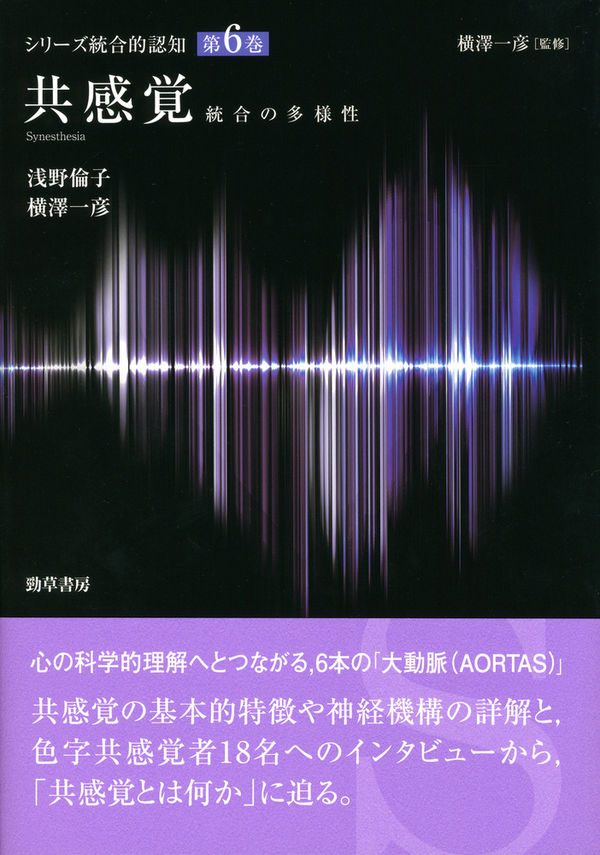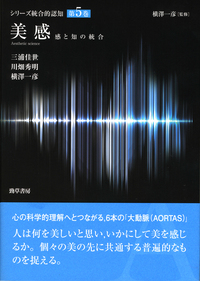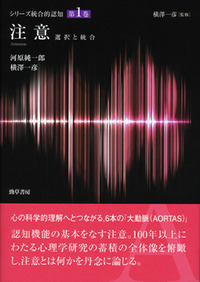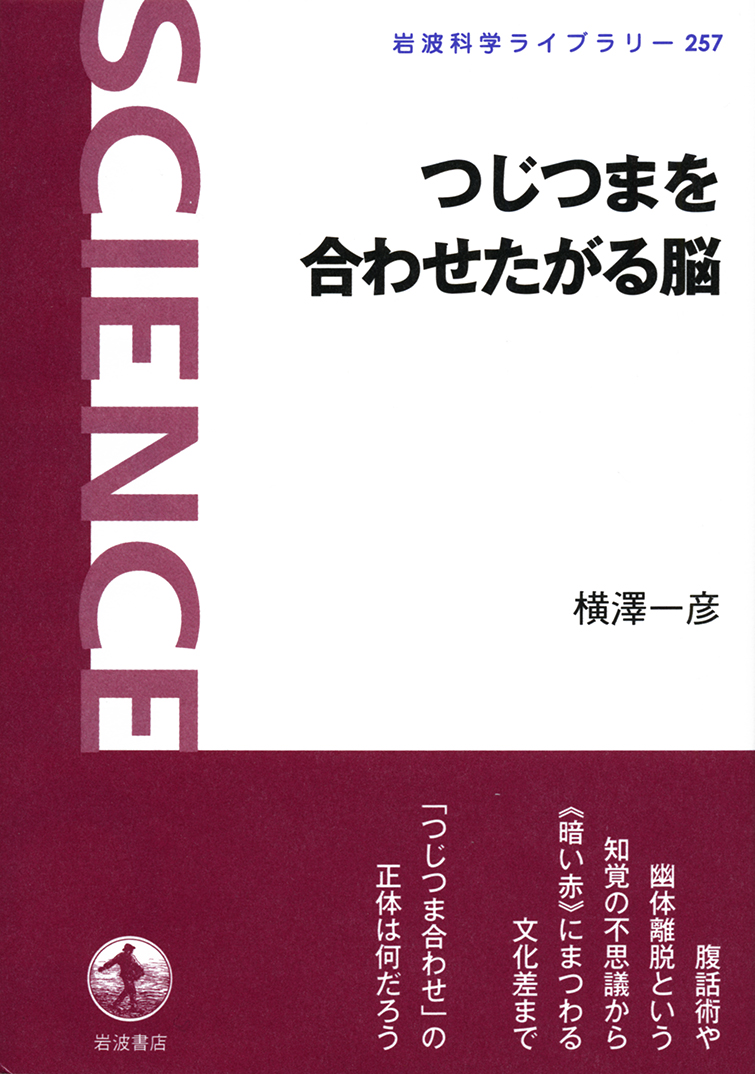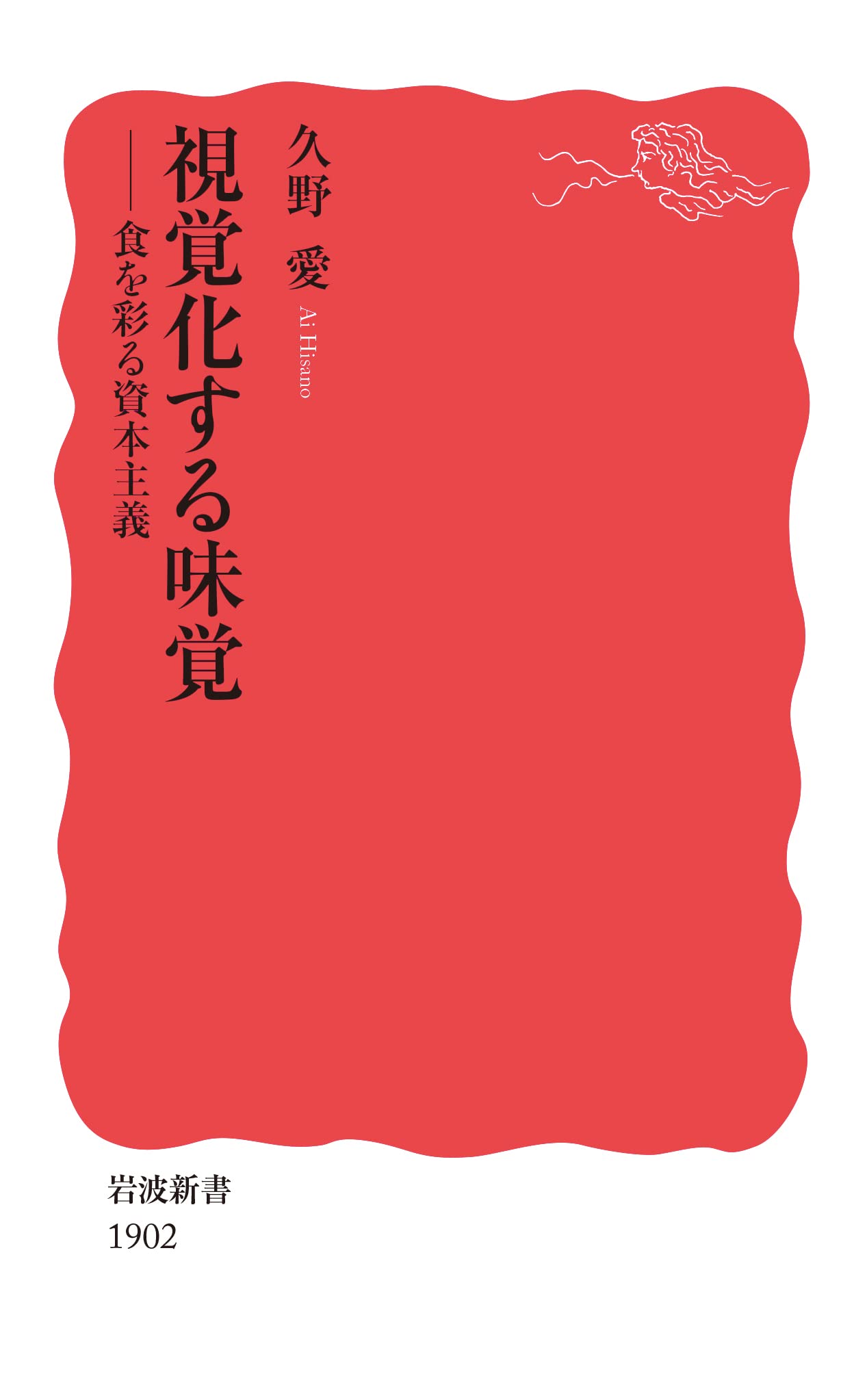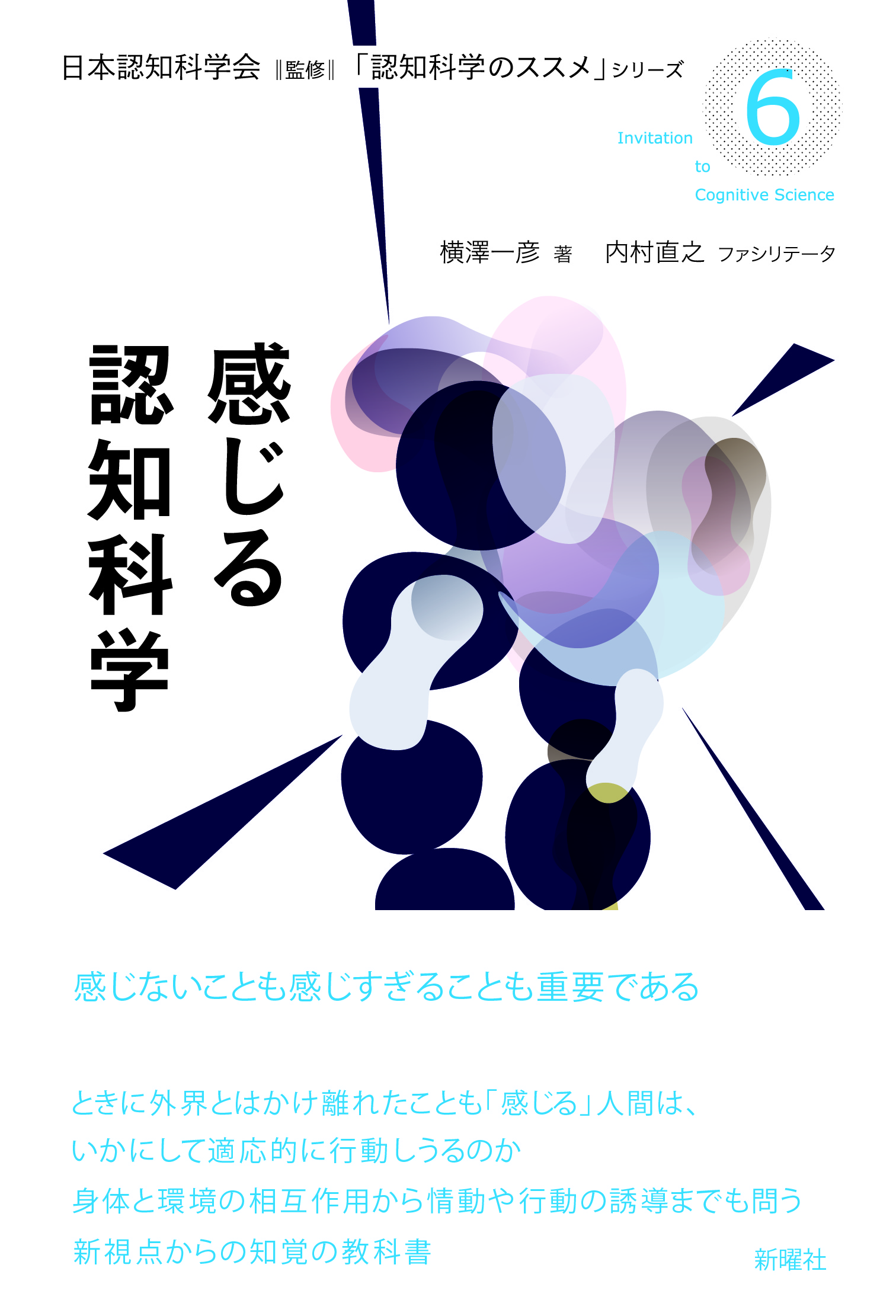
Title
Invitation to Cognitive Science 6 Kanjiru Ninchi-Kagaku (The Cognitive Science of Sense)
Size
126 pages, 127x188mm
Language
Japanese
Released
April 15, 2021
ISBN
9784788517196
Published by
Shinyosha
Book Info
See Book Availability at Library
Japanese Page
The somewhat ambiguous title of the “Cognitive Science of Sense” suggests a variety of possible topics leaving one to wonder if the book will discuss the act of “sensing”—i.e., cognitive research related to sensory perception—or analyze something that is now “being felt” in the area of cognitive research such as the impacts of AI, augmented reality, and other related areas that are seeing dramatic advances. The book does not necessarily provide detailed explanations of sensory mechanisms that enable us to “sense” but, rather, explains the true identity of “sensing.” In the process of doing so, it also discusses the impact of areas such AI, augmented reality, marketing, and consumer behavior, which have undergone dramatic growth in recent years.
If we are to define what it means to “sense,” the definition would include the processes by which information from the outside is input through the sensory organs, reconstituted in the brain, and then uploaded to the consciousness. Regarding these processes, there are times when the internal world we create is very different from external reality. Nevertheless, we tend to believe our understanding of the outside world to be correct. Whenever we realize that we are being fooled by an optical illusion or magic trick, of which there are various kinds, we are surprised and feel a sense of uneasiness. However, by “not sensing” irrelevant information, we are able to rapidly acquire the necessary information and, by “over-sensing” information beyond what actually exists in the outside world, we are able to act smoothly while predicting the various situations that continuously arise. Although we hardly are conscious of this behavioral principle in our everyday lives, the essentialness of correctly understanding the processes of “sensing” becomes evident when we try to artificially replicate them in robots or AI. By the same token, because we are hardly conscious of the existence of such processes, our feelings and judgments can easily be manipulated. Such manipulation can be used to influence both individuals and groups of people and, thereby, generate substantial profits.
Chapters 1 and 2 of the book elucidate how the world created in our minds can often be quite different from external reality, with the first chapter dealing with “not sensing” things that exist in the outside world and the second chapter dealing with “over-sensing” things that do not exist in the outside world. Next, Chapter 3 briefly describes the schema by which we sense the world—i.e., the characteristics of information processing by the five senses—and, by way of explaining how information is selectively taken up, magnified, and modified in the process of creating mental representations in the brain, demonstrates the existence of schema that allow us to respond appropriately and rapidly to various situations. Chapter 4 goes on to discuss the virtual nature of mental representations, which are completely separate from external reality, and how we adapt our behavior based on the interaction of our mental representations with our physical bodies and environments. Finally, Chapter 5 considers the manipulation of our emotions and behaviors without our knowing, which is a result of our ability to sense, and the significance of this manipulation.
Although they are fundamental behaviors, we are more ignorant of the schema by which we sense the world than we think. At times, such ignorance can lead to irrational judgements or actions that negatively impact individuals and society. The book shines a light on the effectiveness and wonderfulness of the schema by which we sense the world.
(Written by YOKOSAWA Kazuhiko, Professor, Graduate School of Humanities and Sociology / 2021)



 Find a book
Find a book


